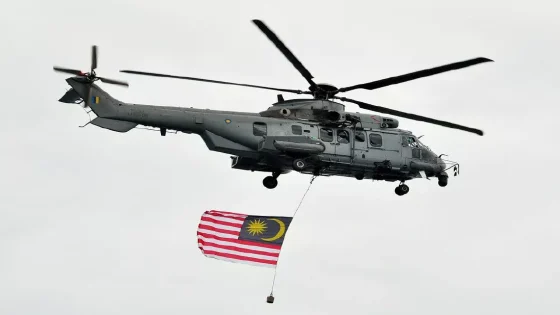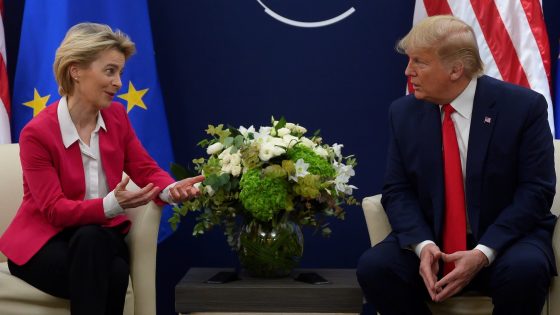The recent RM16 billion helicopter leasing contract in Malaysia is a significant move towards modernizing the country’s air fleet. Announced on February 21, 2025, this deal includes comprehensive services essential for maintaining operational readiness. But what does this mean for Malaysia’s defense capabilities?
- RM16 billion lease for 28 helicopters
- Comprehensive package includes maintenance services
- No upfront payments required for leasing
- Minimum aircraft availability of 85% mandated
- Financial risks transferred to leasing company
- Training programs for 1,300 pilots included
Malaysia’s Helicopter Leasing Contract: A Strategic Move for National Defense
Why is this helicopter leasing contract crucial for Malaysia? The RM16 billion deal aims to enhance the country’s air capabilities without the burden of upfront payments. This strategic approach allows for better financial management while ensuring that the air fleet remains modern and operationally ready.
Key Benefits of the Helicopter Leasing Contract for Malaysia
The leasing contract offers multiple advantages that could reshape Malaysia’s defense landscape. Here are some key points:
- No upfront costs, easing financial pressure on the government.
- Comprehensive maintenance and training services included.
- Guaranteed operational readiness of at least 85% at all times.
- Risk management transferred to the leasing company, allowing focus on operations.
Understanding the Leasing Model: How It Works
The leasing model is designed to provide flexibility and financial efficiency. Payments are made monthly based on usage, starting only when the helicopters are fully delivered. This structure allows Malaysia to acquire advanced technology without the need for significant capital investment.
Operational Readiness: A Priority for National Security
Ensuring that the helicopters are operationally ready is paramount. The contract mandates that the leasing company maintain a minimum operational availability of 85%. This requirement emphasizes the importance of having reliable air support for various missions, from disaster response to national defense.
Training and Skill Development: Investing in Human Capital
Training is a crucial component of this contract, with programs set for approximately 1,300 pilots and crew members. This investment in human capital not only enhances operational effectiveness but also ensures that local engineers and technicians gain valuable skills through continuous training.
In conclusion, Malaysia’s RM16 billion helicopter leasing contract represents a forward-thinking approach to modernizing its defense capabilities. By prioritizing operational readiness and financial efficiency, Malaysia sets a precedent that could inspire similar strategies worldwide.

































